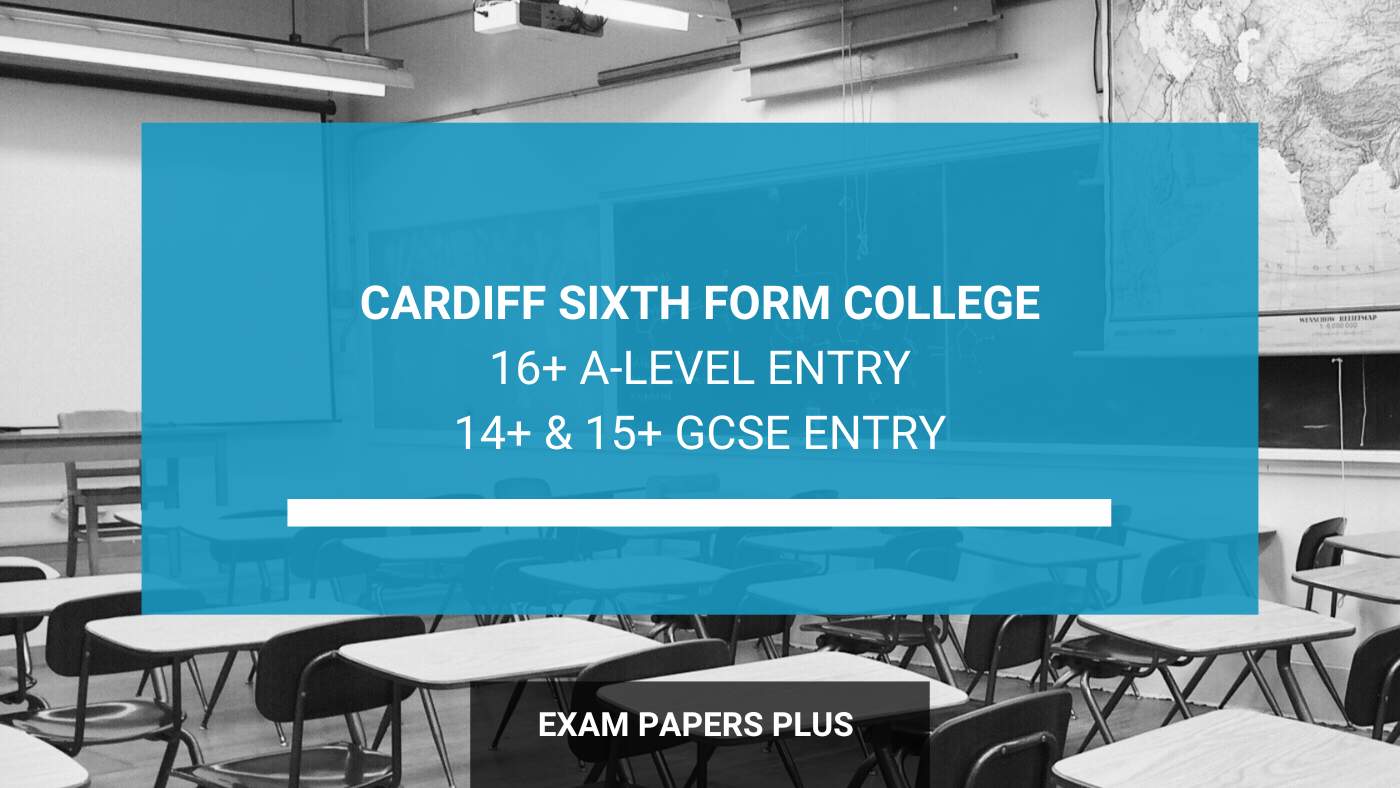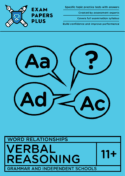
How to Study for GCSE Physics
Bookmark this page? Pop your email into the box below to receive a link to this article so you can easily refer back to it later.
Table of Contents
Introduction
As the GCSE physics exam draws nearer, it’s important to consider how you’ll study. Although reading through your class notes can help jog your memory, you need a more actionable approach to put theory into practice. At Exam Papers Plus, we publish GCSE physics revision packs, so we know a thing or two about effective revision. Here is our suggested approach to studying for GCSE physics:
Organise Your Physics Coursework
With two years’ worth of coursework to revise, it helps to narrow your notes down into the essential areas. The GCSE physics exam covers eight main topics: energy; electricity; particle model of matter; atomic structure; forces; waves; magnetism and electromagnetism; space physics.
We recommend pulling out all your notes that cover these six areas and re-organising them into a new revision folder. This way, you’ll have all the notes you need for the exam immediately to hand. If you need to remind yourself of a formula, a process or a scientific term, all you need to do is refer to the relevant section in your folder.
Vary Your Revision Techniques

We hate to say it, but reading through textbooks and revision notes will only get you so far. You need to actually apply your knowledge in order to fully prepare for the physics exam. The most effective way to put theory into practice is to use physics practice tests. With sample test papers, you can vary your revision techniques to ensure you cover every angle of a topic.
We recommend trying some of the following techniques whenever you need a boost of motivation:
Timed questions – Using the stopwatch function on your mobile, give yourself a time limit to answer each question you tackle. For questions with higher marks, we recommend you give yourself 3 minutes. As your time management skills improve, you can reduce the time limit even further.
Group quiz – There are many benefits to studying in a group. Firstly, you have access to other students who can help you with any areas you don’t understand. Secondly, their competition can help improve your performance. Using practice test questions, assign a quiz master to ask everyone questions within an agreed time limit. The person with the most points wins.
Revision cards – Have a friend or family member write out physics questions on to A5 cards. On the back, ask them to write the answer from the mark scheme. Whenever you need a boost of motivation, have them show you a revision card and answer the question as quickly as you can. This technique can help you get used to thinking on your feet, which you’ll need to do in the GCSE physics exam.
Get to Grips with GCSE Physics Command Words
Command words provide you with an indication of what the examiner wants you to do. Being mindful of the command words in each question can help guide your answer and ensure that you gain maximum points. AQA publish a complete list of science command words on their website, and OCR and Edexcel include a list of the relevant command words in their specifications.
Here’s an overview of some command words you’ll come across in the GCSE physics exam:
Describe – e.g. ‘Describe the motion of nitrogen molecules in a sealed container at room temperature. [2 marks]’ The word ‘describe’ requires you to give an account of what’s happening. You don’t necessarily have to explain what’s happening.
Calculate – meaning ‘work out’. In these questions, you’ll need to use a formula to arrive at your answer, so you’ll need to recall the correct one to use.
Compare and Contrast – these questions require you to say what’s similar about two ideas and what’s different. Typically, you don’t need to write a conclusion to these question types. You should take extra care to ensure that you complete both parts of the question, i.e. you ‘compare’ as well as ‘contrast’.
For more advice on getting to grips with command words, read our post GCSE Physics: Understanding Exam Command Words.
Remember to Work Scientifically
In GCSE physics, ‘working scientifically’ means using your practical knowledge of conducting experiments and proving hypotheses to answer a question.
Some of the core skills that you’ll need for questions that require scientific working include being able to ‘think’ scientifically, being able to recall experiments and techniques and make observations, and being able to analyse and evaluation data to make conclusions.
These types of questions assess your knowledge and understanding of practical skills. They tend to be based on the core practical activities that are detailed in the specifications, so make sure you’re familiar with them.
For some examples of questions that require scientific working, read our post GCSE Physics: Working Scientifically.
GCSE Physics Practice Tests
As you’ve probably gathered from this post, there’s no substitute for applying your knowledge using practice tests. At Exam Papers Plus, we publish GCSE physics revision packs that cover all eight topics in the syllabus. They also include detailed mark schemes so you can check your answers and identify areas to improve.
While we were creating our GCSE packs, we took the time to analyse examiners’ reports from previous years to ensure that we covered all the essential elements of the physics exam. We’ve also included some of the most difficult questions that you’re likely to come up against in the exam, so you’ll be prepared for every eventuality.
Our revision packs are most effective when taken under timed, exam conditions. Not only do they help you become familiar with the layout of the two test papers, but they can help improve your time management skills.
All of our GCSE packs are written and developed by former GCSE physics examiners and markers. They focus on the key skills that you’ll need to do well in higher tier GCSE exams.
We’d highly recommend the following resources to help with your GCSE physics revision:
All of our packs are available immediately after download.
Related posts:
How to Revise and Practice for GCSE Physics
GCSE Physics Energy Questions and Answers
GCSE Physics: Key Skills Pack – Providing Essential Exam Practice and Preparation
GCSE Physics: Working Scientifically
GCSE Physics: Understanding Exam Command Words
Bookmark this page? Pop your email into the box below to receive a link to this article so you can easily refer back to it later.
















